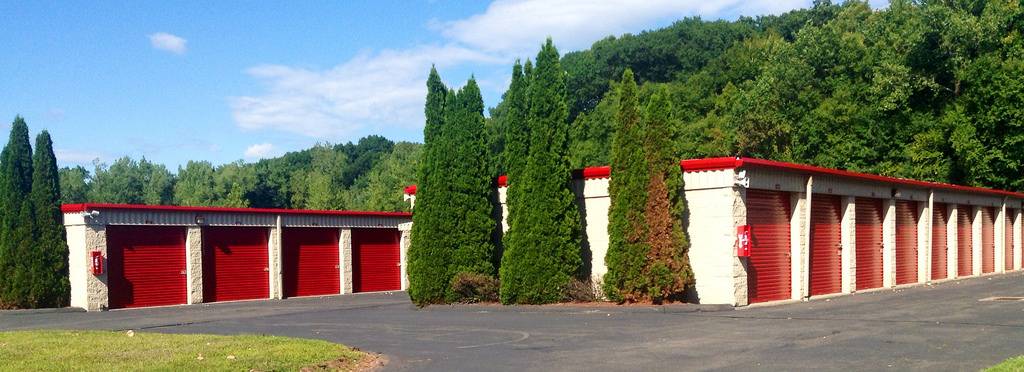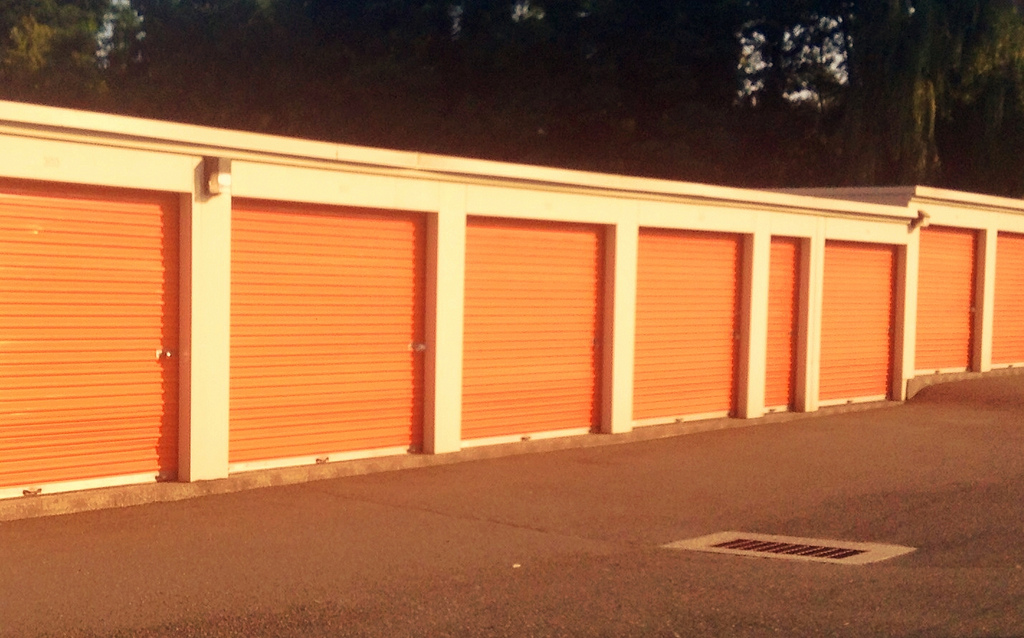
If you live in Miami or another city with a similar climate, you know how hot and humid the weather typically feels. And the weather can affect your belongings when they’re put into a self-storage unit. Heat and moisture can damage clothing, furniture, electronics, and other household items that you might want to put into storage. But there are some packing tips from Miami moving companies that can prevent the moisture and heat from ruining your possessions, and here are some of the most useful ones.
1. Choose the Right Storage Containers
Many clothing items will be best in an airtight plastic box. But remember that most plastic totes are not airtight, so you’ll need to check the labels when you’re buying them to find containers that will lock out moisture.

2. Place Desiccators Inside Storage Boxes
The little packs in shoe boxes and purses that say, “do not eat” absorb excess moisture to ensure that materials remain undamaged from humidity. If you want to purchase these to place inside of your storage containers to absorb extra moisture that you didn’t get out before, you can go to a packaging store to buy some.
3. Clean Clothes Before Storing Them
You should always clean clothes and other fabrics before putting them in storage. Body soil and small stains can stain clothing even worse, especially when they’re combined with hot temperatures.
4. Store Items Off the Ground
If you live in a hot area that also gets a lot of rain, you should also with finding a way to elevate your possessions during when storing them. Flooding is a concern in some areas, so make sure to pack anything valuable at least several inches off of the floor so that you have enough room in case flood waters infiltrate your storage unity. Metal stands will work better than plastic because they have more weight, which will help keep the feet of the stands on the ground if water rises a few inches or more.
5. Use Kitty Litter to Soak Up Moisture
Some materials, such as kitty litter, are specifically designed to soak up moisture. Place bowls of kitty litter, baking soda, or charcoal briquettes around the storage unit so that they have the opportunity to absorb moisture from the air. Kitty litter should always be the unscented kind, and charcoal briquettes should be the kind that hasn’t been soaked in lighter fluid. You’ll also want to change the kitty litter, baking soda, or charcoal briquettes after a few months or a few weeks, depending on how humid the weather has been lately.
6. Use Climate-Controlled Storage
There are some items that are ruined by moisture and heat and are too large to be placed in a plastic bag. For instance, wooden furniture will warp over time, the glue on pianos and stringed instruments will melt, and the belts on sewing machines can shrink and expand when the humidity levels and temperatures are poorly regulated. There are other items, such as collectibles, that are better off in climate-controlled storage.

When you live in a hot and humid climate, you have an extra hurdle to overcome to create an environment in which none of your belongings become damaged. You can also check on your possessions every few months to ensure that they’re still dry and free of stains.
Leave a Reply